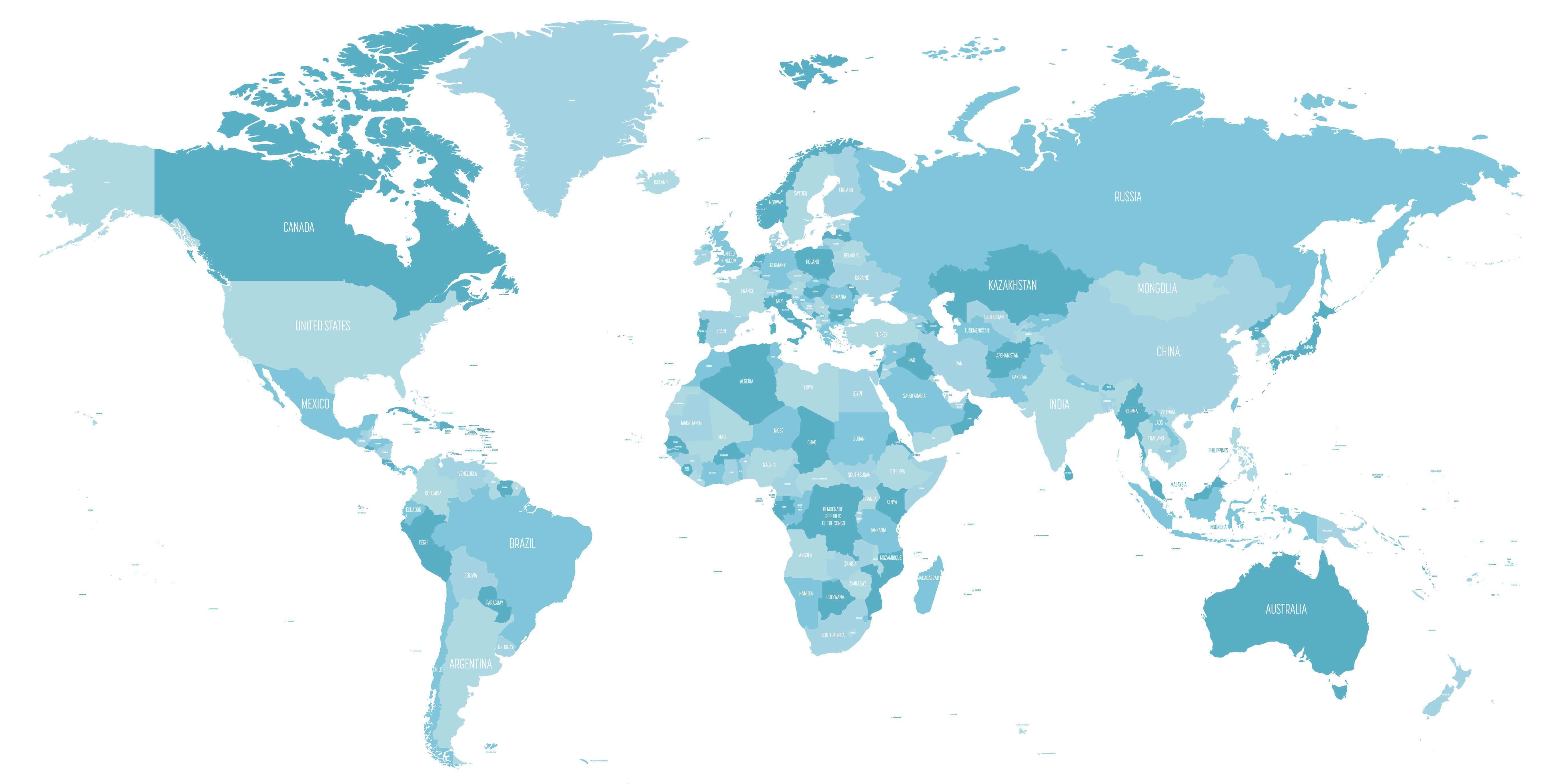Video
Adjuvant CDK4/6 Inhibition: When it Will Become Routine
A discussion on when CDK4/6 inhibition will become routine in the adjuvant setting for patients with breast cancer.
Transcript:
Bruce Feinberg, DO: Final thought. I’d like to get from both Joyce and Bill is their crystal ball view on CDK4/6 inhibitors in the adjuvant setting. When does it become routine, Joyce?
Joyce A. O’Shaughnessy, MD: Well, I’m hopeful that we’re going to get all kinds of positive data this year from clinical trials or early next year. There have been 3 adjuvant trials that have finished enrollment and they’re getting mature on their follow-up now and hope they’re all waiting on events. And thankfully there are fewer and fewer events, so sometimes we have to wait longer and longer for these results. But by late 2020, early to mid-2021, we should be getting the results. I’m expecting that they’ll be positive trials.
And the PENELOPE-B trial is for very high-risk women who got preoperative chemotherapy and went to surgery and still had considerable residual disease, very high risk, randomized to endocrine therapy plus/minus one year of palbociclib. And the MonarchE trial and the PALLAS [Palbociclib Collaborative Adjuvant Study] trial was 2 years of palbociclib or abemaciclib. There’s a fourth trial enrolling called the NATALEE trial and that’s 3 years of ribociclib, so we’re going to have various durations to look at, which will be interesting. We’re going to clearly need longer follow-up. I think that these trials mainly have tried to enroll a high-risk population, which I think is appropriate because you really want to look at impacting that first 5 years, at least to start off with, of natural history. So I’m optimistic that we’re going to see positive results, and I’m hoping it will be this year and I think it will become the standard of care overnight for the high-risk population.
Bruce Feinberg, DO: Bill?
William J. Gradishar, MD: I would agree. I’m optimistic based on what we see in the metastatic disease setting, that we’ll see some improvement in the adjuvant setting. I think as Joyce points out, the impact is not unlike what we saw with HER2 disease in the adjuvant setting. There may be subsets of patients clearly, hopefully the more high-risk patients that derive most of the benefit and we can tailor our recommendations to that group. The data is going to drive the decision making and it will be impactful. Of course, if patients have adjuvant CDK4/6 inhibitors and develop progressive disease at some later date, that’s going to have a ripple effect in terms of our decision-making. But that will be a good problem to have if we can show that we’re decreasing the number of recurrences by using these agents early in the adjuvant setting. And we’ll just have to see what the data show.
Bruce Feinberg, DO: Yeah, appreciate that. And I’m sure that Kelli would have been glad to hear that more tools in the arsenal are coming. I want to thank everybody. Great conversation today, and I want to thank Kelli, who dropped out after that earlier segment. Of course, Dr William J. Gradishar, Dr Joyce A. O’Shaughnessy, and Dr Steven Peskin, you guys were super. Thank you again to all of our viewing audience. We hope you found this AJMC® [American Journal of Managed Care®]PeerExchange discussion to be useful and informative.
Newsletter
Stay ahead of policy, cost, and value—subscribe to AJMC for expert insights at the intersection of clinical care and health economics.





